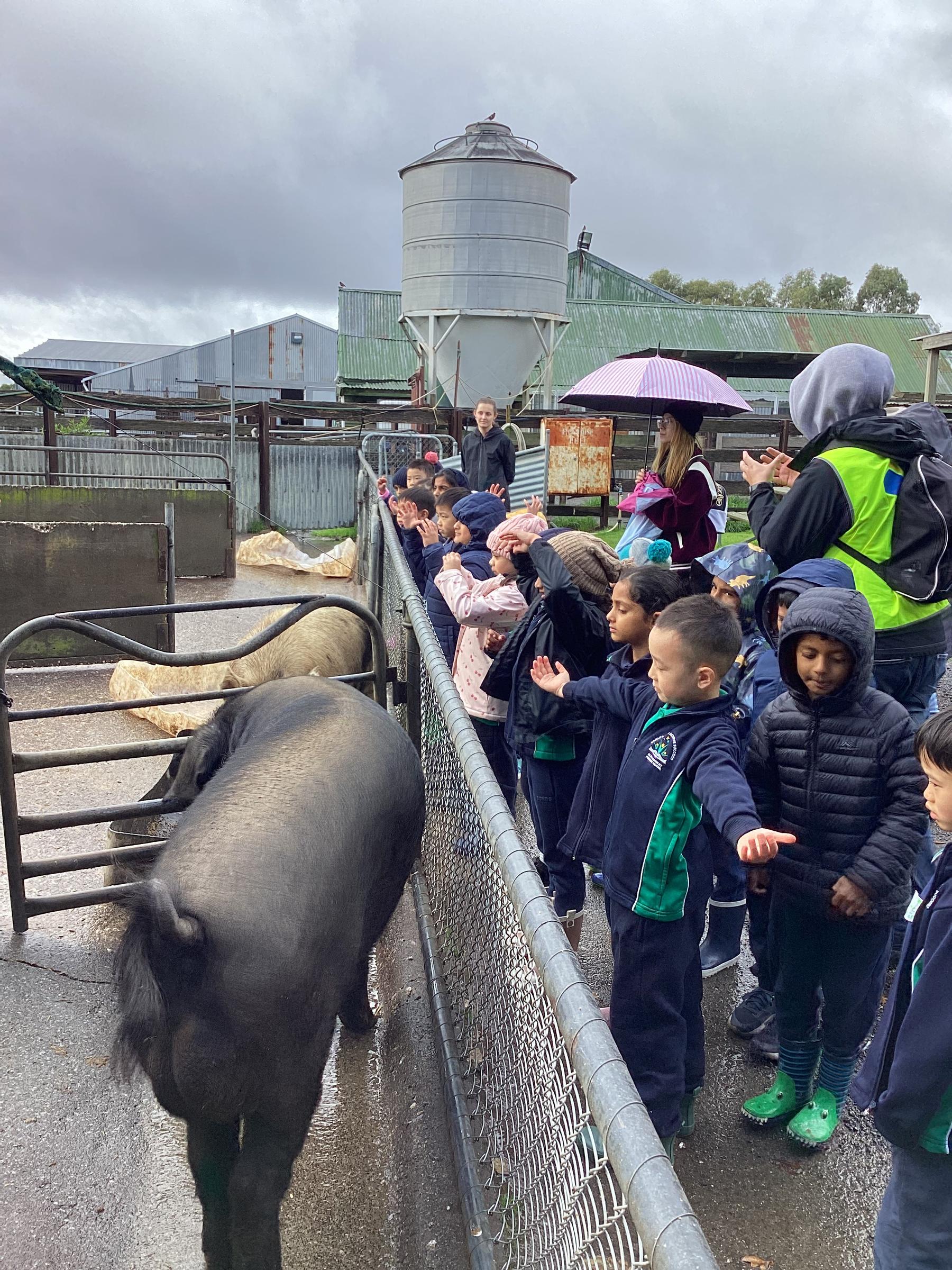Assistant Principal's Report
By Roland Lewis

Assistant Principal's Report
By Roland Lewis
As a parent, I feel the drive to “make sure” my boys are good, happy and healthy members of Ellen and my families and their educational communities. I know better but I still feel that pressure.
In my role as an educator, immersed in research and best practice for helping children thrive, I have learned that they need to learn much of this themselves – through trial, error and the inevitable feedback they will receive from peers and adults (good and bad). It is hard to let them learn through experience when I feel the pressure of being a ‘good father.’
So, what do I do? I love them wholeheartedly. I listen, play, share meals, take them to sport and just be there as a constant source of love and support. I try to be non-judgemental and help them see the world from different perspectives. I give them advice from time to time and I let them be themselves.
I chose the article below from The Raising Children Network because I strongly believe that strong relationships at home and the foundation our children build everything else on. I hope you find this article useful.
Key points
On this page:
Warm, stable and responsive relationships are fundamental to children’s development and wellbeing.
Your child will become more independent when they start school, but family relationships are still the biggest influence on your child’s development. That’s because your child’s relationship with you helps your child feel secure and gives them confidence. Security and confidence are important as your child meets new children, tries new things and takes on new responsibilities when they’re ready.
Your role as a parent is just as important as ever, but your relationship with your child might change once they start school.
For example, your child might love to be independent, but they still need plenty of your love and attention. Your child is proud of being a ‘big kid’, but they want your approval. Your child might be easily embarrassed, self-conscious and even self-critical, so they’ll need your help to focus on the things they do well.
Your child might not tell you as much about their day as they used to – maybe because it’s hard for your child to tell you everything that’s happened in a school day. But your child still needs to know you’re there and ready to listen when they’re ready to talk.
Your child’s language, thinking, emotions and physical skills are developing rapidly at this age. This means that you might sometimes have quite deep conversations with your child. Or you might start sharing hobbies or interests like sport or music with your child. This can give you a lot of opportunities for tuning in to your child’s interests, ideas, thoughts and feelings.
Peers and school friends might start to become more important in your child’s life, particularly as they move towards the middle-primary years. School friendships give your child a sense of belonging and help your child learn and practise social skills like sharing and negotiating. But if friendship problems come up, your child will turn to you for help. Your child’s secure and safe relationship with you helps them to manage the ups and downs of making and losing friends.
And your school-age child might start looking for adult role models outside the family – for example, a favourite teacher. But they’ll still look to you for guidance or want to know what you think about these people.
You are still important to your child and your child still needs you as they grow and develop, even if they don’t always say that to you.
A strong parent-child relationship is about more than just having fun together. By tuning in to your child’s feelings, praising your child and helping them to see things from other people’s points of view, you can help your child learn and develop.
Children of all ages need parents and caregivers who are warm and responsive, who pay them attention and who make them feel safe. Here are ideas to help you keep building this kind of relationship with your school-age child.
Connecting
Communicating
Family life
It’s important to look after yourself. Even spending a few minutes each day doing something you enjoy like going for a walk or reading a magazine can make a big difference to how you feel about the time you spend with your child. Looking after yourself is good for you, so it’s good for your relationship with your child and their development.